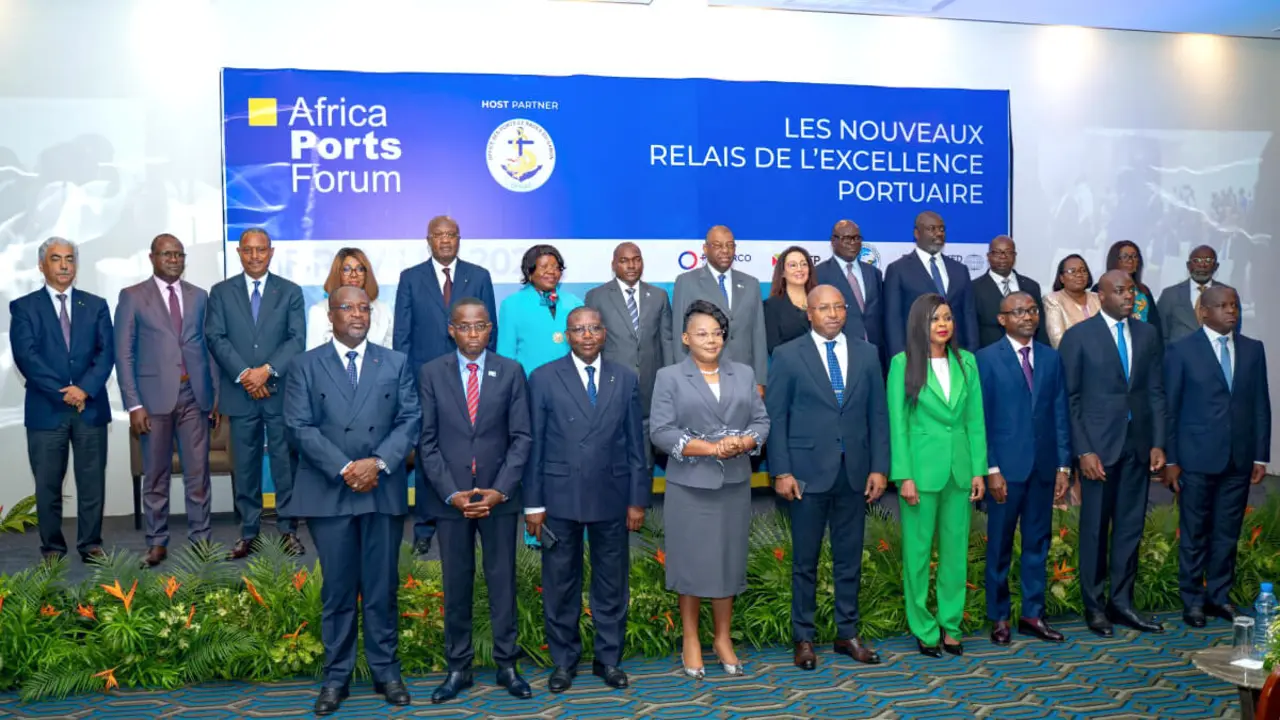Lebanon depletes foreign exchange reserves, plunges into economic chaos
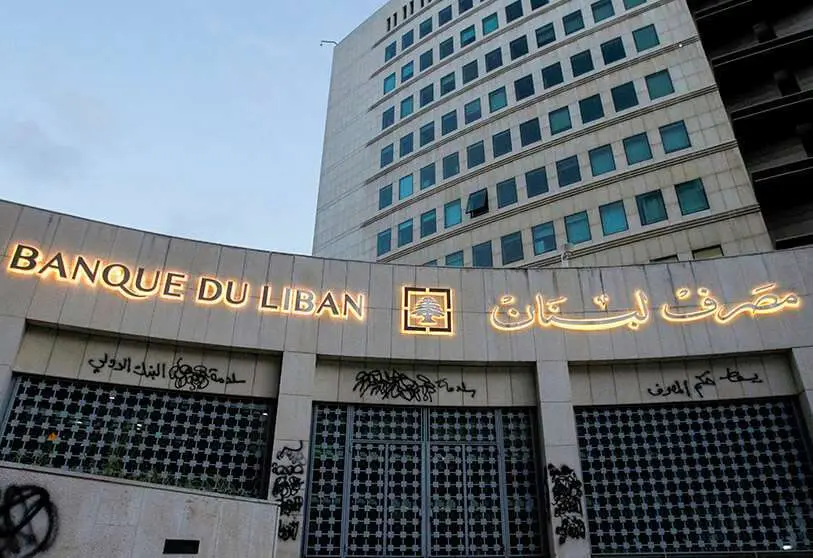
US financial services firm Moody's has warned that Lebanon's economic decline will accelerate if it loses its relations with correspondent banks. Moody's financial ratings agency expressed concern, according to information available on its website, about the consequences of using banks' reserve requirements at the National Bank of Lebanon (NBL).
In an emailed note, Moody's states that the "usurpation of banks' required reserves at the Central Bank of Lebanon in light of the continued government stalemate will increase risks to banks". This, in turn, would jeopardise Lebanon's remaining correspondent banking relationships and further undermine "the availability of cross-border payment services for transfers, trade and tourism, which are among the main pillars of the economy".
"Undermining the (foreign exchange) reserve requirements of banks held at the BDL in the context of a continued government standoff... would jeopardise the relationships of these institutions with their correspondent banks, further penalising access to international payment services," the agency detailed in its note.
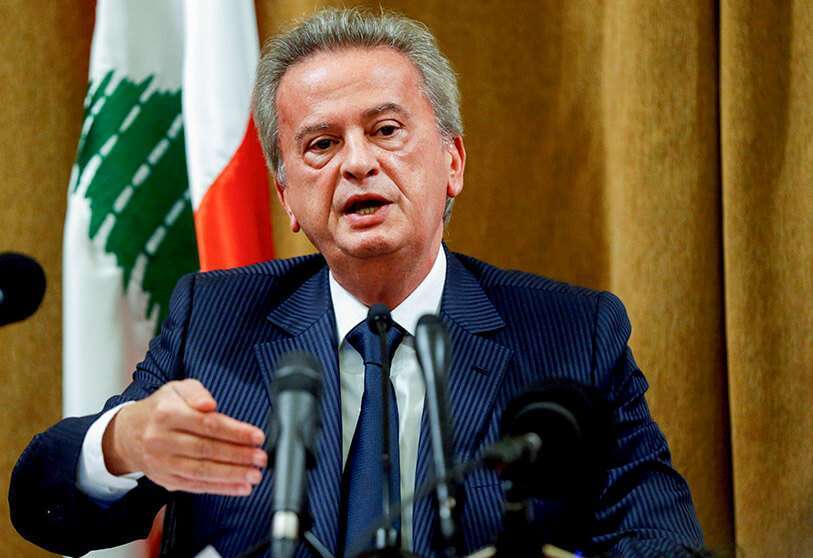
In crisis since 2019, Lebanon subsidises some imports through mechanisms created by the National Bank and financed with its foreign exchange reserves that have literally melted in almost two years. They would reach $16.35 billion, according to a statement by the governor about ten days ago, of which barely more than $1 billion would be available, as the rest is made up of the banks' compulsory foreign exchange reserves. Earlier this month, a letter leaked to the media revealed that four correspondent banks of the National Bank had suspended their relationships.
The loss of these relationships would increase Lebanon's dependence on official external financing, as cross-border payments and clearing services would remain paralysed, even after a full debt restructuring, according to the memorandum. Citing data from the central bank and Haver Analytics, Moody's noted that Lebanon's available reserves for use had fallen to $1bn by the end of February 2021.
In a letter to Lebanon's prosecutor last month, central bank governor Riad Salameh warned that foreign correspondent banks were beginning to restrict their business dealings with the local financial system.
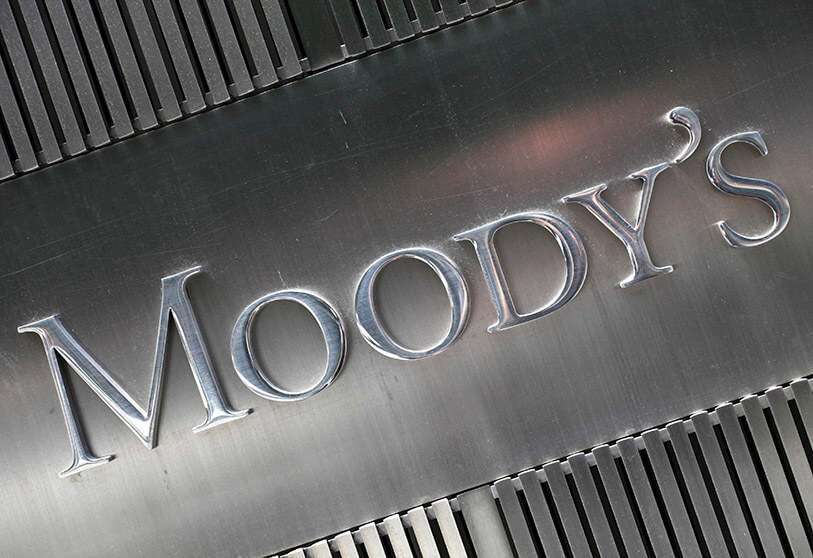
The country defaulted on its foreign currency debt in March 2020 and was downgraded to the low end of the scale by major US financial rating agencies. As early as July 2020, when Lebanon was hurtling towards economic collapse after defaulting on Eurobonds, Moody's Investors Service downgraded the country's issuer rating - the creditworthiness of the Lebanese government - to 'C', the lowest possible level.
Growing economic pressures stemming from COVID-19-related quarantines and closures in early 2020 worsened the situation. Frustration reached a breaking point in August 2020, when the explosion in the port of Beirut occurred, killing at least 200 people and injuring 5,000 others. This led to the resignation of the prime minister and his government and to political and economic change. Since then, the Lebanese government has yet to rebuild, hampering attempts to process aid and reduce inflation.
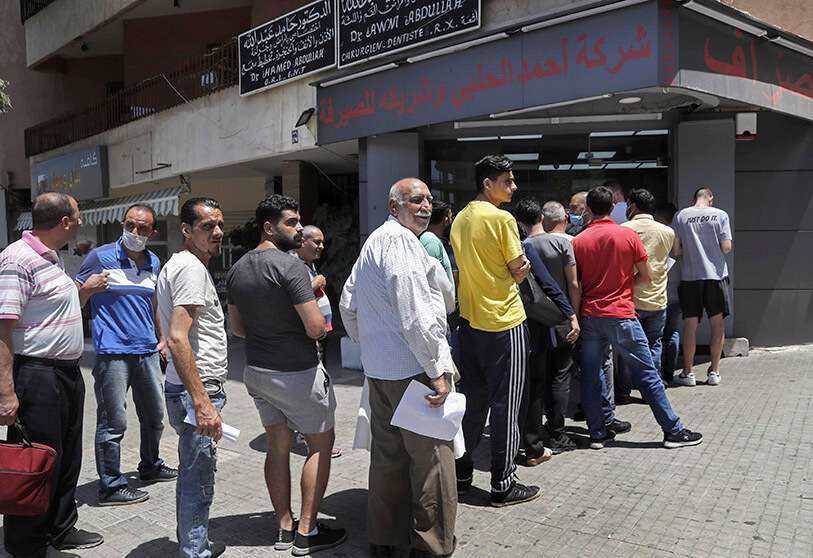
In previous years, Lebanon has had a reduced exchange rate to help control inflation, another major problem in its economy. Prior to 2020, the central bank limited inflation to 3 per cent per year. However, this spike in inflation means that lira conversions are now set at 6,240 lira to the dollar as the official rate, while on the street, the transaction is almost twice as high. With the possibility of losing 20 million dollars a month, the United Nations' (UN) foreign aid will be severely affected, a critical outcome during such a global crisis.
UN agencies and other non-governmental organisations (NGOs) have donated almost $500 million to Lebanon. They currently distribute debit cards and vouchers. However, at the current exchange rate, the Lebanese receive only 6,240 lira to the dollar. Donating organisations are trying to convince the Lebanese authorities to process donations through the informal rate, where Lebanese citizens would receive 14,000 lira to the dollar. However, the Central Bank of Lebanon has resisted this request. The World Bank agrees, noting that, if this request goes ahead, it could worsen already persistent inflation, further affecting impoverished communities.








